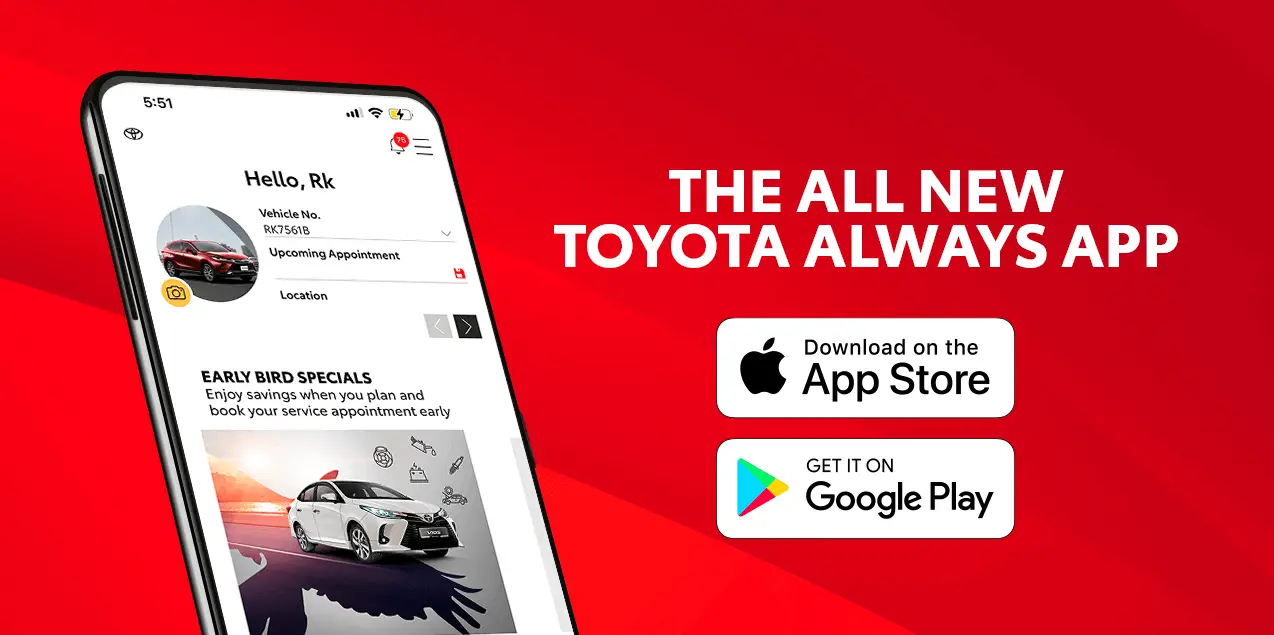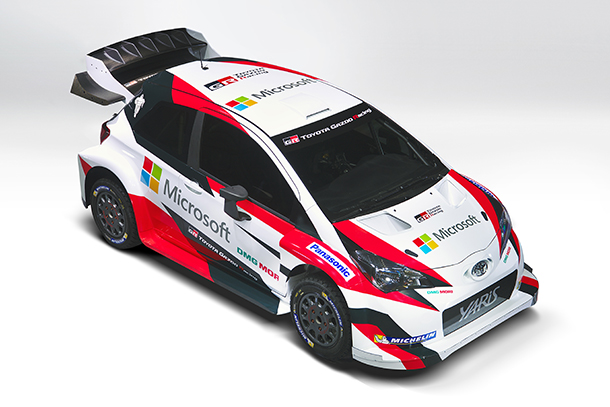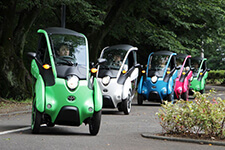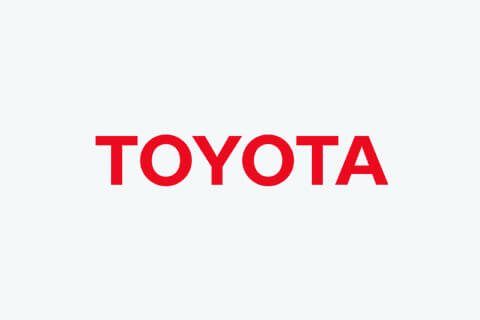Toyota to Begin Verifying the Needs of Businesses to Encourage the Practical Use of the i-Road
Tokyo, Japan, September 16, 2016―From September 17 till the end of March 2017, Toyota Motor Corporation will launch round two of the Open Road Project1 primarily in Tokyo. The second round of the project this time will involve other companies as well as the general public so as to realize the full potential of Toyota's i-Road ultra-compact concept electric vehicle (EV).
As part of the Open Road Project, Toyota will provide the i-Road to general consumers as test pilots for a fixed duration, so as to assess their mobility needs. Toyota also plans to validate the feasibility of satisfying a variety of needs related to the i-Road by planning and providing associated services, through cooperation with partner companies that possess a diverse range of technologies.
In order to further understand the marketability of the i-Road, Toyota will also be providing the i-Road to businesses in the second installment of the project. This is to assess their needs and the ultra-compact EV's acceptability in the market, including how it will be used in shared-use environments and their usage purposes.
Similar with the first round, Toyota will also gradually increase the number of locations where associated services―such as exclusive parking spots (with some offering charging services)―are available during the trial period. Toyota will also develop and try out other new services when appropriate.
The progress of this validation project will be published regularly on a specially established web page found here, //openroad-project.com/.
Ninety-six test pilots were chosen from among approximately 3,500 applicants to participate in round one of the project, which ended just recently. The responses were generally positive, with some participants stating that, "The i-Road is really convenient because I can park it in very small spaces," and "My range of travel has expanded because the i-Road helps me go anywhere easily" among others.
Through these consumer trials, Toyota aims to study the best ways to develop products and services that will build on the key strengths of the i-Road, and open up exciting new possibilities for the future of mobility.
Overview of Round Two of the Open Road Project
| General consumers | Businesses | |||||||||
|---|---|---|---|---|---|---|---|---|---|---|
| Trial period | September 17, 2016 to March 31, 2017 | |||||||||
| Trial area | Shibuya and Setagaya Wards | Central Tokyo | ||||||||
| i-ROAD vehicle type2 | Mostly two-seaters3 | Mostly single-seaters | ||||||||
| Main target | Households with young children | Companies that do not own company cars or, companies that own company cars but want to have a variety of cars for different uses | ||||||||
| Number of vehicles | Two-seaters: 4 vehicles | Single-seaters: 5 vehicles | ||||||||
| Test Pilot Duration | 2 weeks to 1 month | |||||||||
| Associated services |
|
|||||||||
1Round one of the Open Road Project ran for about one year from July 2015 to July 2016.
2Vehicle types may be switched according to the trial requirements of the participating general consumers and business operators.
3Created by partially modifying the single-seater, this vehicle meets the application conditions of the Ultra-Compact Mobility Certification System of the Ministry of Land, Infrastructure, Transport and Tourism. Verification testing utilizing this system will be jointly carried out with Shibuya and Setagaya wards in Tokyo.
| i-Roads driving in a convoy | Picking up children from preschool on an i-Road |
 |
 |
Example of an exclusive parking spot |
Parking spot search and reservation screen |
 |
 |










































